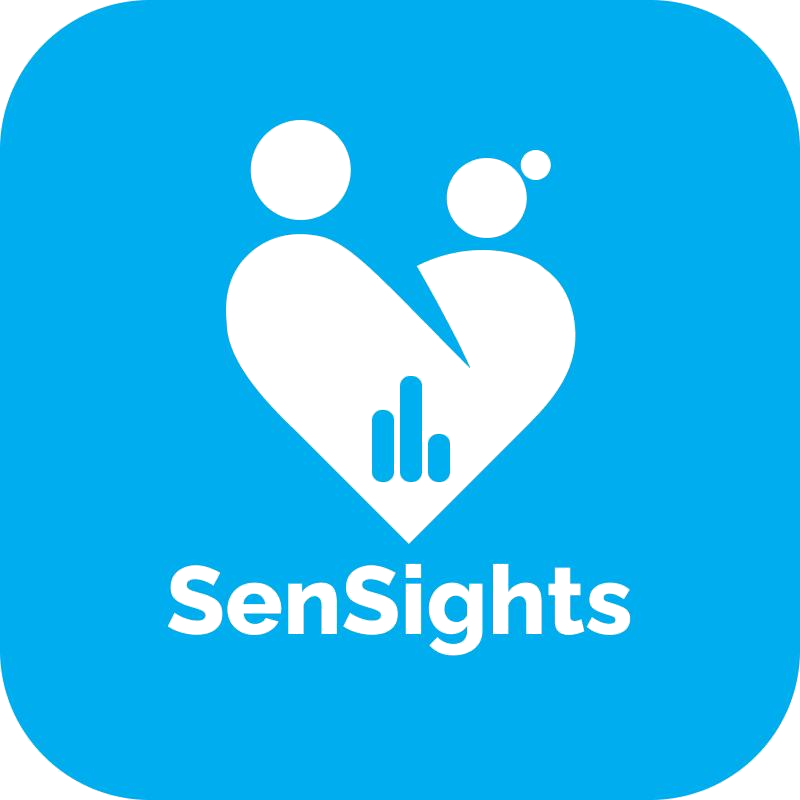Image Credit: Canva
Millions of people around the world suffer from the chronic disease of diabetes. There is still a need for new and better treatments, even though existing ones, like insulin therapy and oral medications, can help manage the disease. Using artificial intelligence (AI) is one way to hasten the creation of new treatments. The role of AI in diabetes drug development and how it is assisting in the development of novel treatments will be covered in this blog.
The traditional drug development process is drawn out, costly, and frequently ineffective. Bringing a new drug to market can take years and cost billions of dollars. However, by introducing new tools for drug discovery and development, AI is altering the landscape of drug development.
In order to identify potential drug targets and forecast the effectiveness of new medications, AI algorithms can analyse enormous amounts of data, including electronic medical records, genomics data, and drug screening results. This can cut the cost of drug discovery and significantly speed up the drug development process.
AI is being used in the development of new diabetes medications to find novel drug targets and forecast their effectiveness. For instance, large datasets of patient records and genomic data can be analyzed by machine learning algorithms to find genetic variants linked to diabetes. The development of novel disease therapies can then use these variants as drug targets.
To find potential drug candidates, AI is also used in drug screening. Drug testing has traditionally involved testing thousands of compounds in a lab, which can be expensive and time-consuming. However, by predicting the likelihood of a compound being effective based on its chemical structure, AI can help to reduce the number of compounds that need to be tested.
Additionally, AI can aid in minimizing side effects and optimizing drug dosage. A patient’s individual characteristics, such as age, weight, and medical history, can be used by AI algorithms to predict the best dosage of a medication for them. The drug’s efficacy can be increased, and the possibility of side effects can be decreased, with this personalized approach.
The collaboration between the University of California, San Francisco (UCSF) and the AI start-up Atomwise is one instance of how AI is being used in the development of diabetes medications. They are working together to use AI to find new drug targets and potential treatment options for type 2 diabetes. They aim to find new treatments that can prolong the lives of diabetics by using AI to analyze enormous amounts of data.
In conclusion, AI is becoming a more significant factor in the creation of diabetes medications. AI is assisting in the acceleration of the development of new treatments for the disease by analyzing massive amounts of data, discovering novel drug targets, and predicting the efficacy of novel drugs. The development of diabetes drugs and the lives of those who have the disease are expected to be significantly impacted by AI as it continues to advance.

